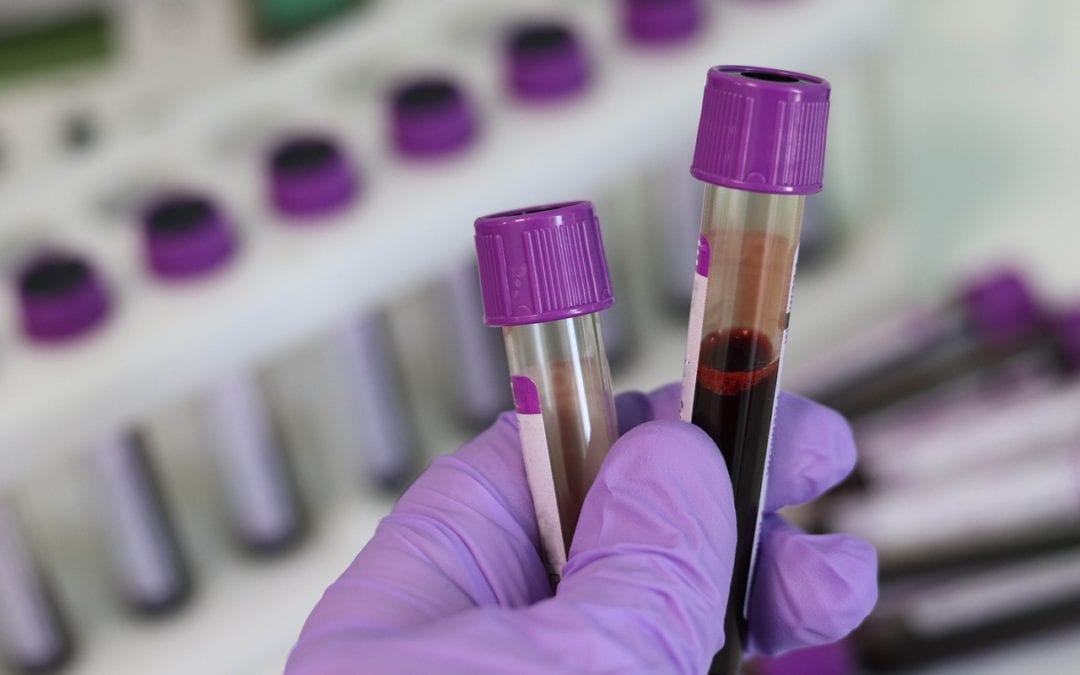At some point in your pet’s life, you will be advised that your pet would benefit from having blood work done. You will be asked to authorize us to perform blood work for your pet. While this is a common and important recommendation, not all pet owners follow through with the advice.
Blood work for pets is an extremely valuable part of good pet ownership and is key for a long, healthy life. There are several situations in which we may recommend that your pet may have blood work done. These include:
Blood Work for the Healthy Pet
When we request that owners allow us to perform blood work on a healthy pet, it is not unusual for a pet parent to question why. Obtaining wellness labs allows the veterinarian to:
- Screen for existing underlying conditions that may not be symptomatic yet
- Diagnose and treat potential problems early in their process
- Learn what your pet’s baseline blood values are
It is never too early to start having screening blood work performed on your pet. At a minimum, lab work should be run yearly on all pets over the age of seven, or as otherwise recommended.
Blood Work for the Sick Pet
When your pet is ill, even the most skilled and experienced of veterinarians cannot properly diagnose or treat certain diseases without more information. Many disease processes can look very similar. Kidney failure and diabetes mellitus, for example, both cause pets to drink and urinate excessively and lose weight. Without lab work the veterinarian cannot tell which disease process is occurring and how to properly treat.
While blood work does not provide a specific diagnosis, it can help the veterinarian to better help your pet. Lab work can be just as valuable to determine what is not wrong and may direct further testing down a certain path.
Blood Work for Monitoring
Once a pet has been diagnosed with a certain problem, periodic blood work will be needed to help treat the problem effectively. For instance, a pet that must take medications for seizures should have the blood level of the drug tested periodically to ensure proper dosing. A blood panel may also be done to ensure there are no ill effects are occurring due to the medication.
Pets with chronic disease conditions such a thyroid or other problem may also need blood work periodically so that we can determine how well we are managing the disease.
Preoperative Blood Work for Your Pet
Anesthesia for pets is safer than ever, but that is not due to pure chance. Anesthetic risk for pets has decreased greatly over recent years because of developing technology and better medical practices. Performing a blood test prior to administering an anesthetic is an important part of this. Blood work for your pet preoperatively can tell us:
- That major organs such as the kidneys and liver seem to be healthy
- That the blood is clotting normally
- If there is a problem that requires us to use special precautions or which needs to be addressed prior to anesthesia
Blood work is a simple, accessible tool that can provide us with a wealth of important information. By having blood work performed as recommended, you can help us to provide the best possible care for your pet.

